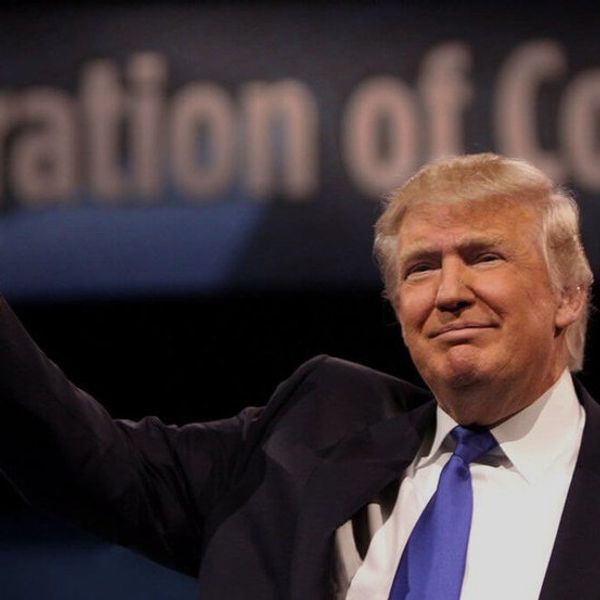“I must confess that over the last few years I have been gravely disappointed with the white moderate. I have almost reached the regrettable conclusion that the Negro’s great stumbling block in the stride toward freedom is not the White Citizens’ Councilor or the Ku Klux Klanner, but the white moderate
who is more devoted to “order” than to justice;
who prefers a negative peace which is the absence of tension to a positive peace which is the presence of justice;
who constantly says “I agree with you in the goal you seek, but I can’t agree with your methods of direct action”
who paternalistically feels that he can set the timetable for another man’s freedom.”
–Martin Luther King Jr., Letter from a Birmingham Jail
Right now, there is much more to be concerned with than just the white moderate.
As the battle for justice continues to persevere, intersectionality is becoming increasingly more important to its success. The movements from preceding decades that had been pushed to the side are returning to the light, and this time they are returning with the knowledge of their previous shortcomings. However, as the social justice movement becomes more broad in its focus, the moderate also becomes more diverse in its identity.
There can no longer be a focus on only the white moderate, but also the male moderate, the straight moderate, the native-born moderate, the Christian moderate, the cis moderate, the fully-abled moderate, the wealthy moderate.
These are the greatest obstacles to the activist.
The white woman who is discriminated against because of her sex but benefits from white supremacy.
The native-born transwoman who is discriminated against because of her gender identity but benefits from her citizenship status.
The straight black woman who is discriminated against because of her race but benefits from her sexuality.
The wealthy Muslim man who is discriminated against because of his religion but benefits from his wealth.
In the capitalist culture of the United States, one’s personal gain is consistently and drastically given more importance than the greater good of the people. The oppressors have turned the oppressed against each other; in an effort to attain the ‘American Dream’, people are forced to hold fast to whatever privilege they already have, and run as far as they can with it.
For this reason, when one identity group demands power and freedom, privileged identities go on the defense—it is perceived as a threat to their fragile power and freedom. Instead of questioning the structure of the system oppressing them, they are encouraged to turn their arms against each other.
The enduring struggle for liberation and self-determination has been endlessly plagued by the idea that empowerment for some means the oppression of others. This idea is a factor in why the oppressed groups haven’t truly united in the struggle; it is the means through which we have created a self-policing society in which the people voluntarily step on each other to reach the top, as opposed to working together to reach self-determination.
Today’s moderate is fueled by the maintenance of the norm and the desire to preserve whatever comfortable privilege one already possesses. Now is the time to realize that we cannot settle for moderate, and we must embrace that the fates of the oppressed are bound together.





















